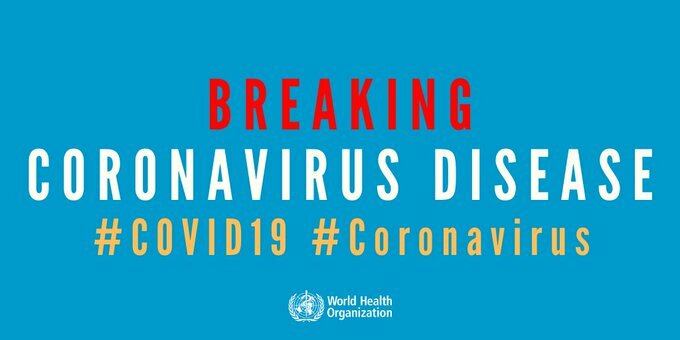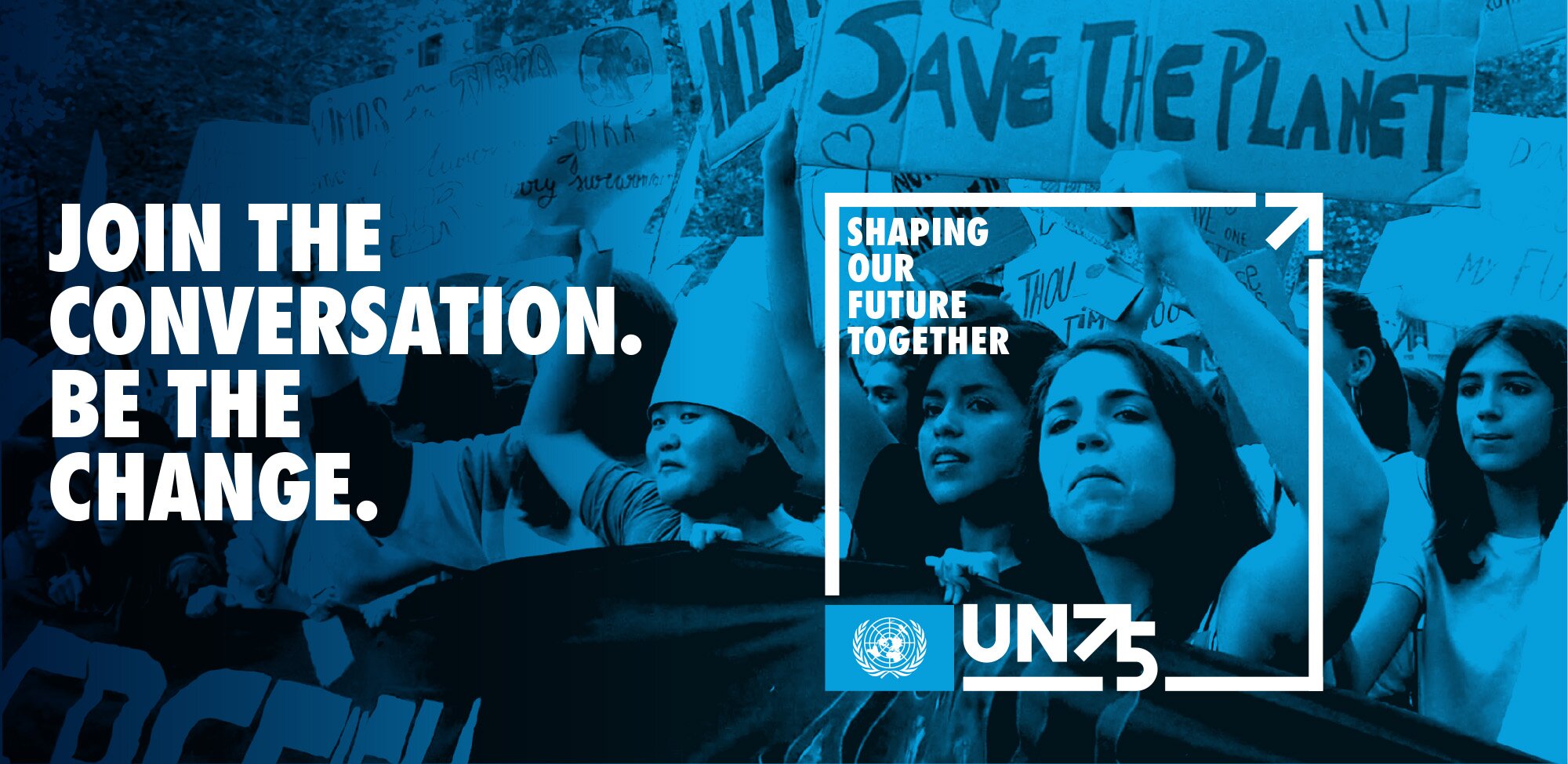Strategic Documents
05 Jun 2020 
The UN system continues online consultations to bring the voices of the government at all levels and a significant number and diversity of non-state stakeholders to the table. The extensive information collected through this consultation process will be invaluable for designing the UN Sustainable Development Cooperation Framework (UNSDCF) 2021-2025.
The new UNSDCF will guide the work and collaboration of the Government of Georgia and the United nations till 2026 towards one overarching priority, “Enhancing Human Wellbeing, Capabilities and Social Equality”. To contribute to this priority, the Cooperation Framework will be articulated around five priority areas: effective, transparent and accountable institutions; equal and inclusive access to quality services; inclusive economy and human capital development (jobs/livelihoods); human security and resilience; and environment and climate change.
On June 3 the UN has organised a consultation meeting to discuss the equal and inclusive access to quality services. Over 55 representatives of the Georgian Government, civil society, academia and international organizations attended the meeting.
Continue Reading...
04 May 2020 
"My Hero is You” is a book written for children around the world affected by the COVID-19 pandemic. The book was a project developed by the Inter-Agency Standing Committee Reference Group on Mental Health and Psychosocial Support in Emergency Settings (IASC MHPSS RG). The project was supported by global, regional and country based experts from Member Agencies of the IASC MHPSS RG, in addition to parents, caregivers, teachers and children in 104 countries.
Continue Reading...
22 Apr 2020 
Even though women worldwide have taken important steps towards achieving a more equal status with men, economic inequality still remains one of the most pervasive and flagrant aspects of gender inequality. The persisting lifetime income gap between men and women is determined by many factors. For example, women still have more limited access to economic resources, including paid jobs; they are paid less than their male counterparts in the labour market; and they are far more often responsible for unpaid household labour and care work. The gender pay gap is one of the major causes of economic inequality between men and women.
Continue Reading...
12 Jul 2019 
Thousands of Georgians gathered in the town of Ambrolauri on 7 June 2019 to take part in the country’s second national Festival of the Sustainable Development Goals (SDG). Initiated and organized by the United Nations in Georgia, the Festival echoed the core theme of sustainable development to “Leave No One Behind.”
The newsletter showcases the Festival day through the eyes of its organisers and supporters.
Continue Reading...
07 May 2019 
View online/download the brochure
Continue Reading...
23 Mar 2017 .jpg)
2016-2020 United Nations Partnership for Sustainable Development (UNPSD) summarizes a collective strategic response of the UN system to the national development priorities in Georgia for a five-year period.
The framework is structured around five focus areas and eight outcomes prioritized through extensive multi-sectoral consultations between the Government, UN, civil society and other partners.
The 2016-2020 UN Partnership for Sustainable Development is based on a thorough analysis of progress made by the country and remaining challenges in political, social and economic development as reflected in the Government 2014 MDG Progress Report, annual reports of government ministries, recommendations of UN Human Rights mechanisms and Country Assessment Report prepared with participation of the UN, Government, civil society and other partners.
Continue Reading...
01 Oct 2014 
As a signatory of the Millennium Declaration, Georgia periodically reports on the status of the Millennium Development Goals attainment.
In 2004 Georgia launched its baseline MDG Report that customized the globally set goals and targets to its national context followed by the progress report in 2005.
The following Progress Report was developed in 2014 with the aim to hevaluate Georgia’s performance in MDG-related areas. The report is built on the latest available data which mostly covers the period from 2000 to 2013.
Continue Reading...


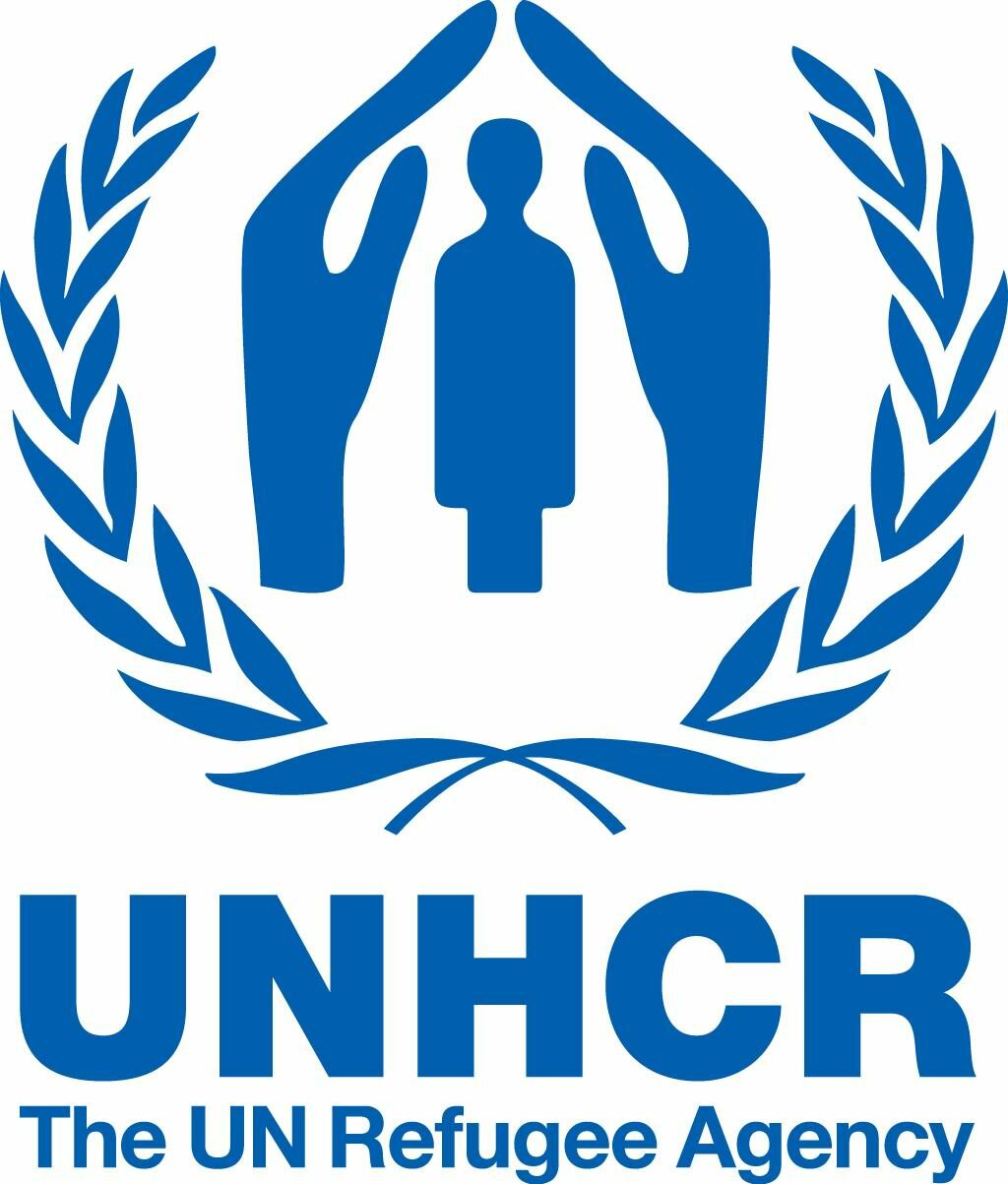
.jpg)

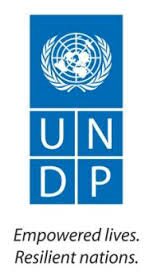
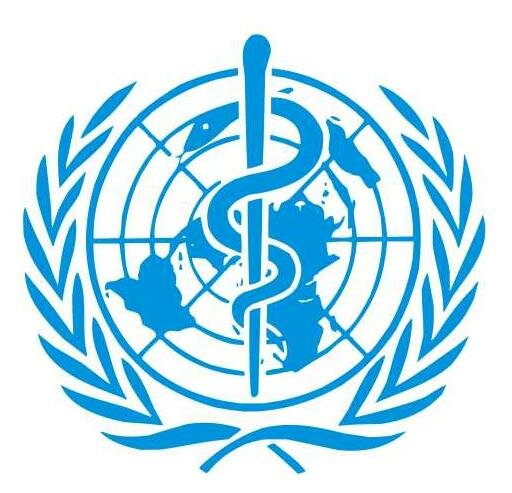

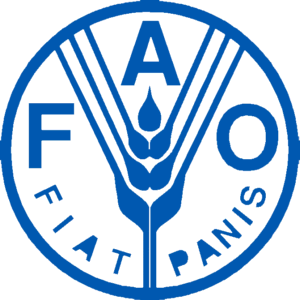
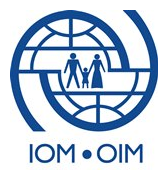
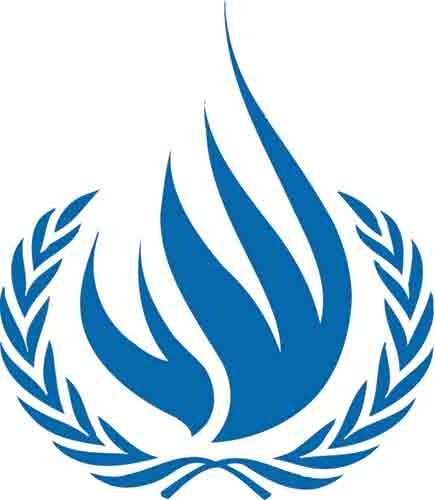
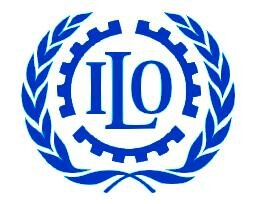
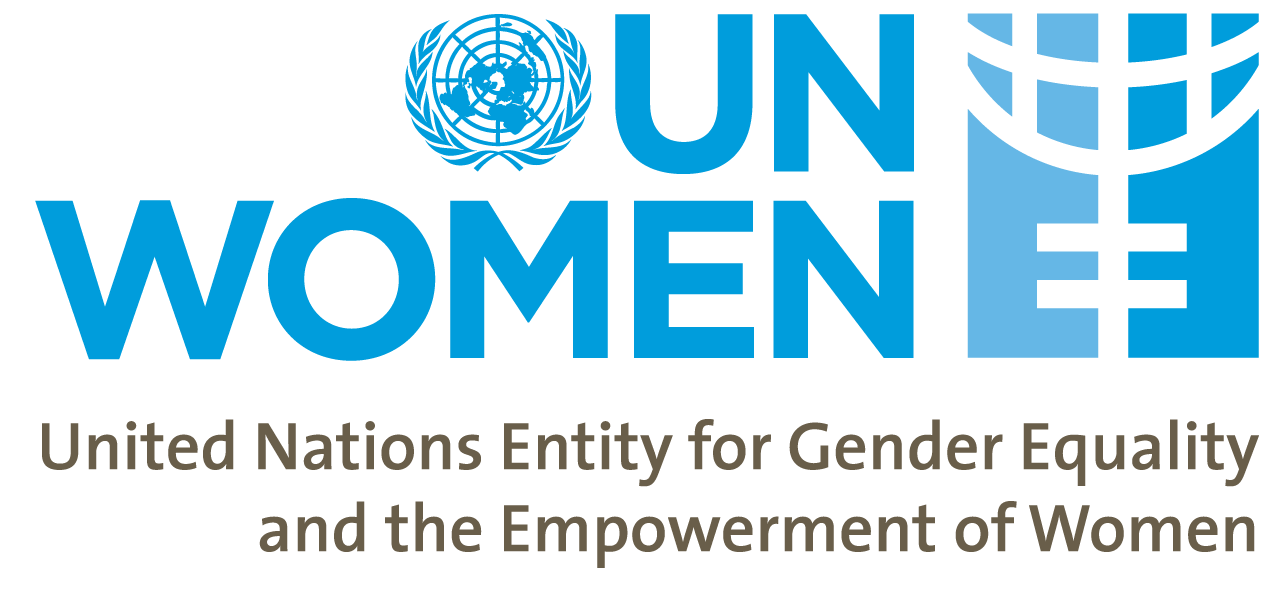
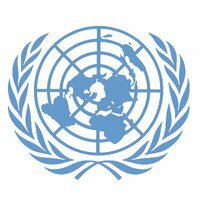








.jpg)

